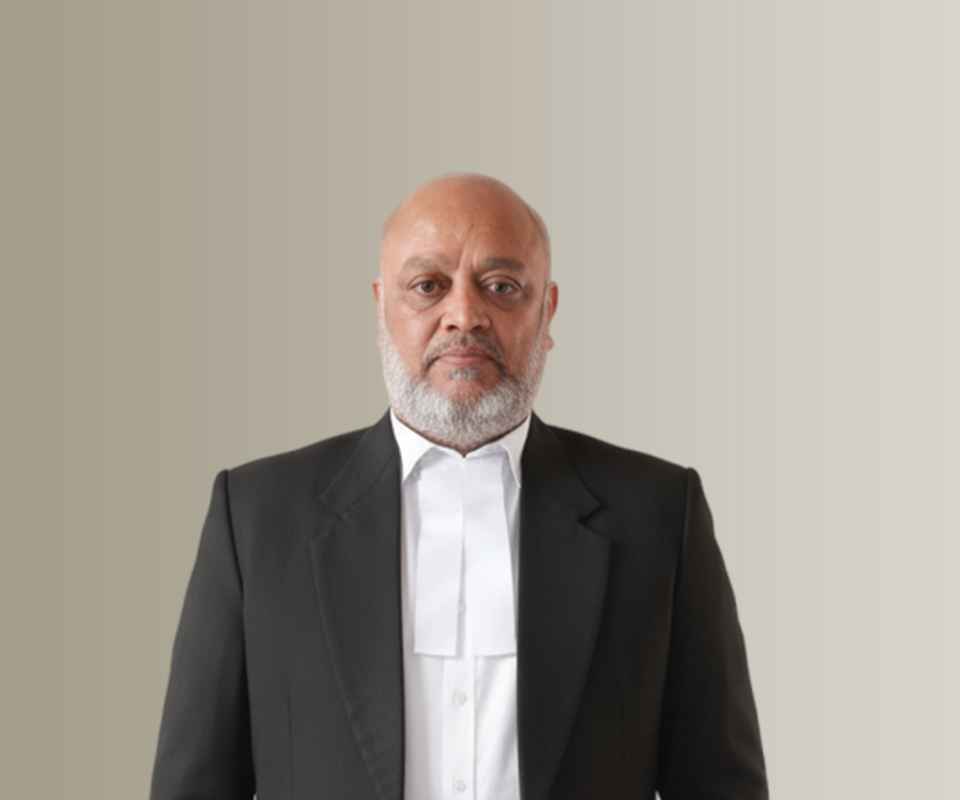Answer By law4u team
A court martial is a legal process within the military justice system, and while it generally follows strict procedures, there are instances where it may be stayed (temporarily halted) or quashed (invalidated or annulled). Legal mechanisms exist within both military and civilian courts to challenge a court martial if there are procedural errors, jurisdictional issues, or concerns about the fairness of the trial.
Ways to Stay or Quash a Court Martial:
Application for Stay of Proceedings:
Temporary Suspension:
A stay is a legal order that temporarily halts the court martial proceedings. The accused, their legal counsel, or sometimes the defense can request a stay of proceedings to allow time for legal challenges, or if there are concerns about the fairness or validity of the proceedings.
Judicial Review:
A stay may be granted by a higher court if it determines that there are substantial reasons to pause the trial, such as pending legal challenges or concerns about the jurisdiction under which the court martial was convened. A stay is typically granted to preserve the legal rights of the accused, such as if new evidence emerges that could affect the trial.
Conditions for Stay:
The court will generally consider factors such as whether proceeding with the trial would cause irreparable harm to the accused, whether the trial is likely to result in a miscarriage of justice, or whether there are procedural irregularities that need to be addressed before proceeding further.
Quashing of the Court Martial:
Judicial Review or Appeal:
A court martial can be quashed (invalidated) by a higher judicial authority such as an appeals court or military tribunal, if it is found that the court martial was improperly convened, violated procedural rights, or lacked jurisdiction. Quashing essentially nullifies the court martial proceedings and any verdicts or punishments that resulted from it.
Grounds for Quashing:
Lack of Jurisdiction:
If the military court lacks the authority to try a particular offense or individual, the court martial can be quashed. This might occur if the accused is not subject to military law or if the offense does not fall within military jurisdiction.
Improper Constitution of the Court Martial Panel:
If the court martial panel was wrongly constituted, meaning it did not follow the requirements for panel composition (e.g., improper ranks, unqualified members), a higher court may quash the trial.
Procedural Violations:
If there are significant violations of military procedures or the accused’s rights, such as not being properly informed of charges, not being given a chance to defend themselves, or the trial proceeding under unfair conditions, the court martial may be quashed.
Filing a Petition for Judicial Review:
Civilian Courts Involvement:
In certain situations, the civilian courts (e.g., the High Court in some jurisdictions) may have the power to review a military trial. If the court martial is deemed to be unconstitutional, biased, or conducted in violation of established legal standards, a petition for judicial review may be filed to seek its quashing.
Review of Legal Grounds:
Judicial review can be sought on the basis of whether the court martial complied with the law and due process, and whether there were any violations that adversely affected the accused’s ability to receive a fair trial. If such violations are found, the court may issue a ruling to quash the trial and any resulting sentences.
Appealing the Court Martial Verdict:
Appeal on Legal Grounds:
After a guilty verdict in a court martial, the accused may file an appeal to a higher court (military appellate court or civilian courts) if they believe the proceedings were flawed, illegal, or biased. If the appellate court finds merit in the appeal, the case may be quashed, and the conviction may be overturned.
Appeal Based on Miscarriage of Justice:
An appeal can be filed on the grounds that the trial was unfair or that a miscarriage of justice occurred, such as improper evidence being admitted, wrongful conduct by the defense or prosecution, or other substantial issues. If the appeal court agrees, they can quash the proceedings.
Military Law Provisions:
Statutory Provisions:
Depending on the jurisdiction, the military justice system may have statutory provisions that allow for the quashing of a court martial due to illegal orders, abuse of authority, or if the proceedings were tainted by unlawful conduct. For example, some military codes may allow for the immediate quashing of any court martial that violates specific legal protections afforded to the accused.
Example:
A soldier is convicted in a general court martial for a serious offense. However, the accused's legal team identifies that the court martial panel included individuals who did not meet the legal qualifications required for the trial. The defense files a petition for judicial review, arguing that the trial was unfair due to the improper constitution of the panel. The higher appellate court agrees with the defense’s argument and quashes the court martial proceedings, leading to a retrial with a properly constituted panel.
Conclusion:
A court martial can be stayed or quashed through various legal mechanisms if there are significant issues with the trial’s procedural integrity, the jurisdiction of the military court, or violations of the accused's rights. Legal avenues such as filing for a stay of proceedings, seeking judicial review, or appealing to higher courts are essential tools to ensure that justice is properly served and that individuals are not wrongfully tried or convicted. The ability to stay or quash a court martial upholds the principle of fairness and the integrity of military law.







